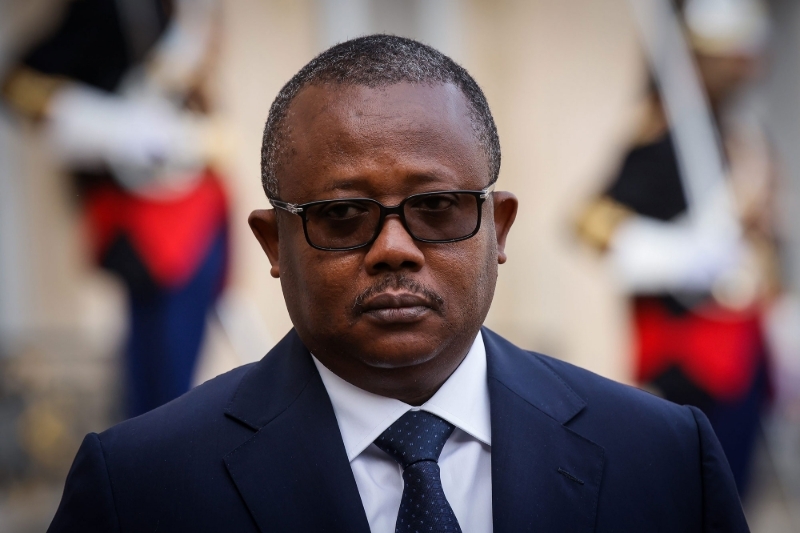Authorities in Guinea-Bissau have suspended the operations of Agência Lusa, RTP África, and RDP África, three major Portuguese-language media outlets, and ordered their representatives to leave the country by August 19, 2025. The measure, announced on August 15, 2025, took immediate effect and came without official explanation.
The decision provoked strong reactions both from national and international stakeholders. Information Directors of the affected outlets condemned the suspension, calling it “an attack on the fundamental principles of journalism” that “violates democracy and the rule of law.”
Portugal’s Ministry of Foreign Affairs swiftly denounced the move as “highly reprehensible and unjustifiable.” The Ministry summoned Guinea-Bissau’s ambassador in Lisbon to demand explanations and called for the immediate reversal of the measure.
Press freedom groups in Guinea-Bissau also raised concerns. The Sindicato dos Jornalistas e Técnicos da Comunicação Social (SINJOTECS) described the decision as “arbitrary, disproportionate and politically motivated,” warning that it undermines journalism and the country’s international image.
The Guinean League for Human Rights (LGDH) echoed the condemnation, stressing that the decision deprives citizens of their right to plural and independent information.
A Growing Climate of Repression
The suspension of RTP África, RDP África, and Agência Lusa reflects an escalating hostility toward the press in Guinea-Bissau. On July 27, 2025, unidentified assailants violently attacked and robbed Waldir Araújo, RTP’s correspondent in Bissau, leaving him with severe facial injuries. His attackers accused him of tarnishing the country’s image internationally.
This incident followed other troubling developments. In August 2024, authorities barred an RTP journalist from all government-related events by presidential order. In 2023, the government was suspected of disrupting the transmission of the television channels.
These incidents mirror Guinea-Bissau’s sharp drop of 18 places in the 2025 World Press Freedom Index and heighten concerns about shrinking civic space. Local journalists increasingly describe their work as “a risk,” citing intimidation, arbitrary restrictions, and the chilling effect of self-censorship.
Threats to Democratic Consolidation
The timing of the suspension is particularly concerning. Guinea-Bissau is preparing for its first fully self-funded election, which the government has promoted as a milestone of sovereignty and democratic maturity. Expelling respected international media outlets undermines transparency and raises doubts about whether voters will have access to diverse and reliable information during the electoral process.
MFWA’s Position
The Media Foundation for West Africa (MFWA) joins its national partner, SINJOTECS and the other stakeholders in strongly condemning the suspension Agência Lusa, RTP África, and RDP África.
Outlets such as RTP África, RDP África, and Agência Lusa provide independent coverage, international perspectives, and platforms for voices often excluded from local media. Suspending them is a direct attack on press freedom, jeopardizes journalists’ safety, and deprives citizens of diverse and independent information. This is particularly concerning given the critical political context, as Guinea-Bissau approaches elections in November 2025.
We call on the Government of Guinea-Bissau to lift the suspension and address any grievances with media houses transparently, in line with the country’s constitutional guarantees and its international obligations.






